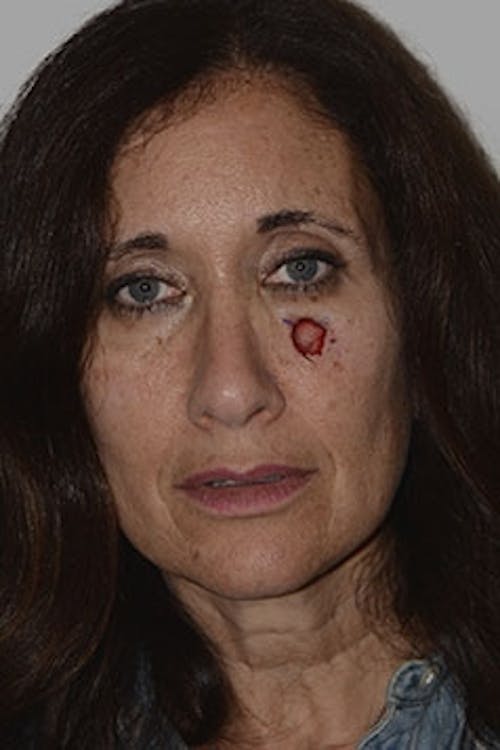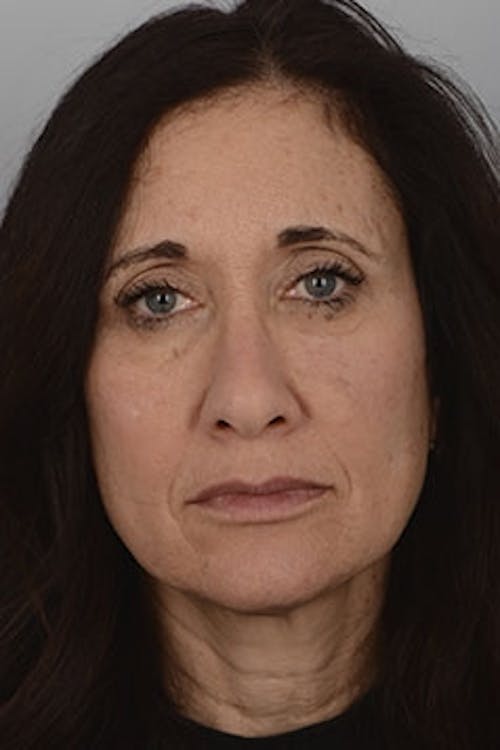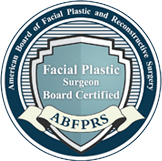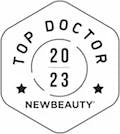Types Of Skin Cancer
There are three commonly used techniques for the facial reanimation process:
- Basal Cell Carcinoma: Basal Cell Carcinoma is the most common type of skin cancer. This cancer usually grows at a slow rate and rarely spreads beyond the site of origin. Though it is seldom life-threatening, if left untreated this cancer is able to develop in deeper layers of skin, eventually reaching the underlying tissue and bone, which can cause serious damage. This cancer is particularly dangerous when found around the eye.
- Squamous Cell Carcinoma: Squamous Cell Carcinoma is the second most frequently seen type of skin cancer and often manifests on the patient’s lips, face or ears. It is possible for this cancer to spread to the patient’s lymph nodes and internal organs, where the damaging effects of the disease will become more severe. Squamous Cell Carcinoma can be life-threatening if not treated.
- Malignant Melanoma: Although Malignant Melanoma is the least common type of skin cancer, the number of cases have steadily been rising, particularly in Sunbelt states. Malignant Melanoma is considered the most dangerous and lethal type of skin cancer, but early diagnosis and swift treatment can completely cure the disease before it is able to spread throughout the body.















